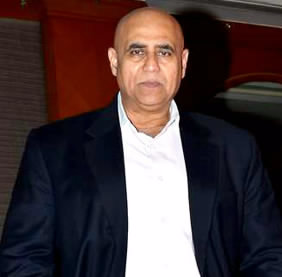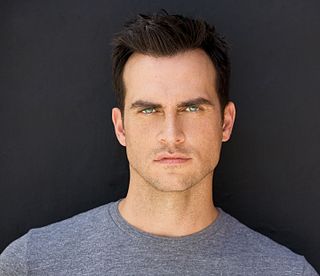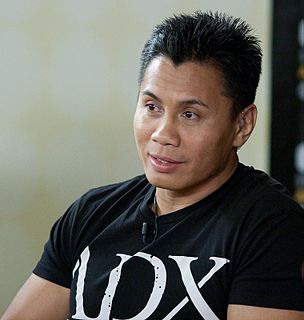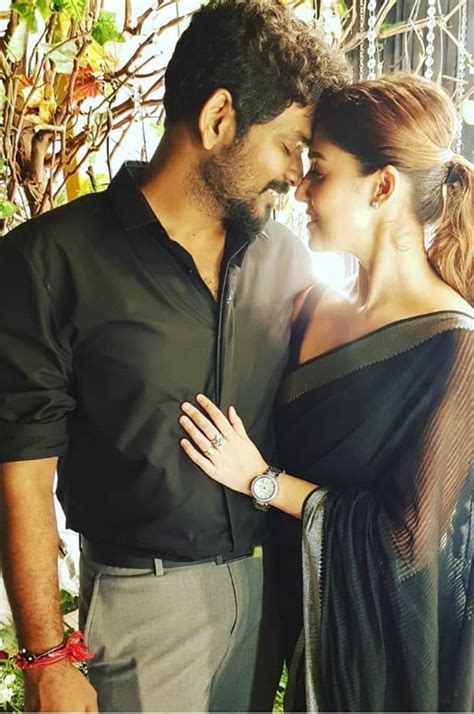A Quote by John Kessel
The conventional Aristotelian plot proceeds by means of a protagonist, an antagonist, and a series of events comprising a rising action, climax and denouement.
Quote Topics
Related Quotes
[E]very plot, worth the name, must be elaborated to its dénouement before anything be attempted with the pen. It is only with the dénouement constantly in view that we can plot its indispensable air of consequence, or causation, by making the incidents, and especially the tone at all points tend to the development of the intention.
Plots may be simple or complex, but suspense, and climactic progress from one incident to another, are essential. Every incident in a fictional work should have some bearing on the climax or denouement, and any denouement which is not the inevitable result of the preceding incidents is awkward and unliterary.
Back in the late '90s, a writer named Daniel Handler decided that kids books were too cheerful. I mean, all the "Harry Potter" series did was occasionally kill off major characters. Thus was born "A Series Of Unfortunate Events" and its mysterious author, Lemony Snicket. "A Series Of Unfortunate Events" is now a great new series on Netflix.



































